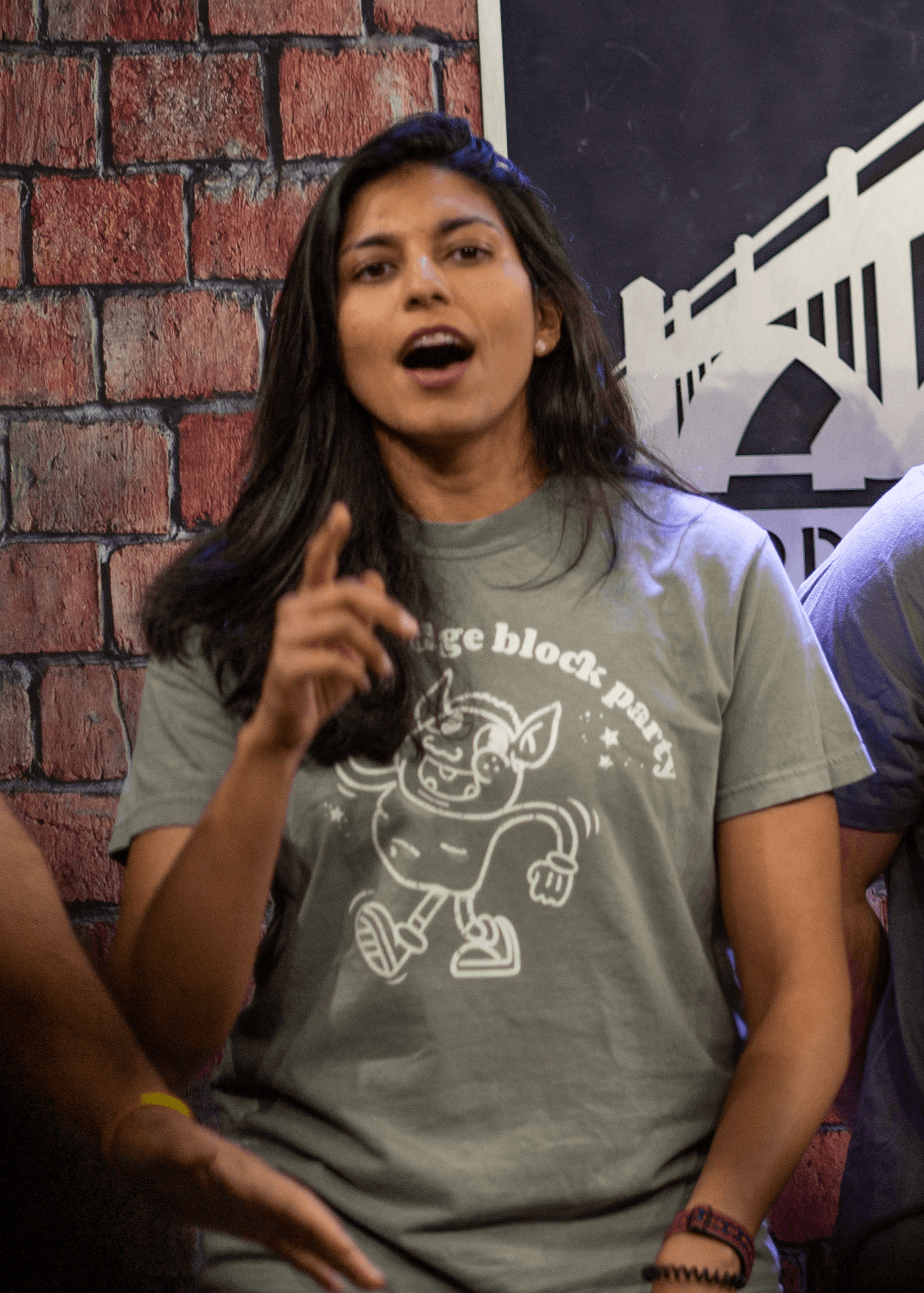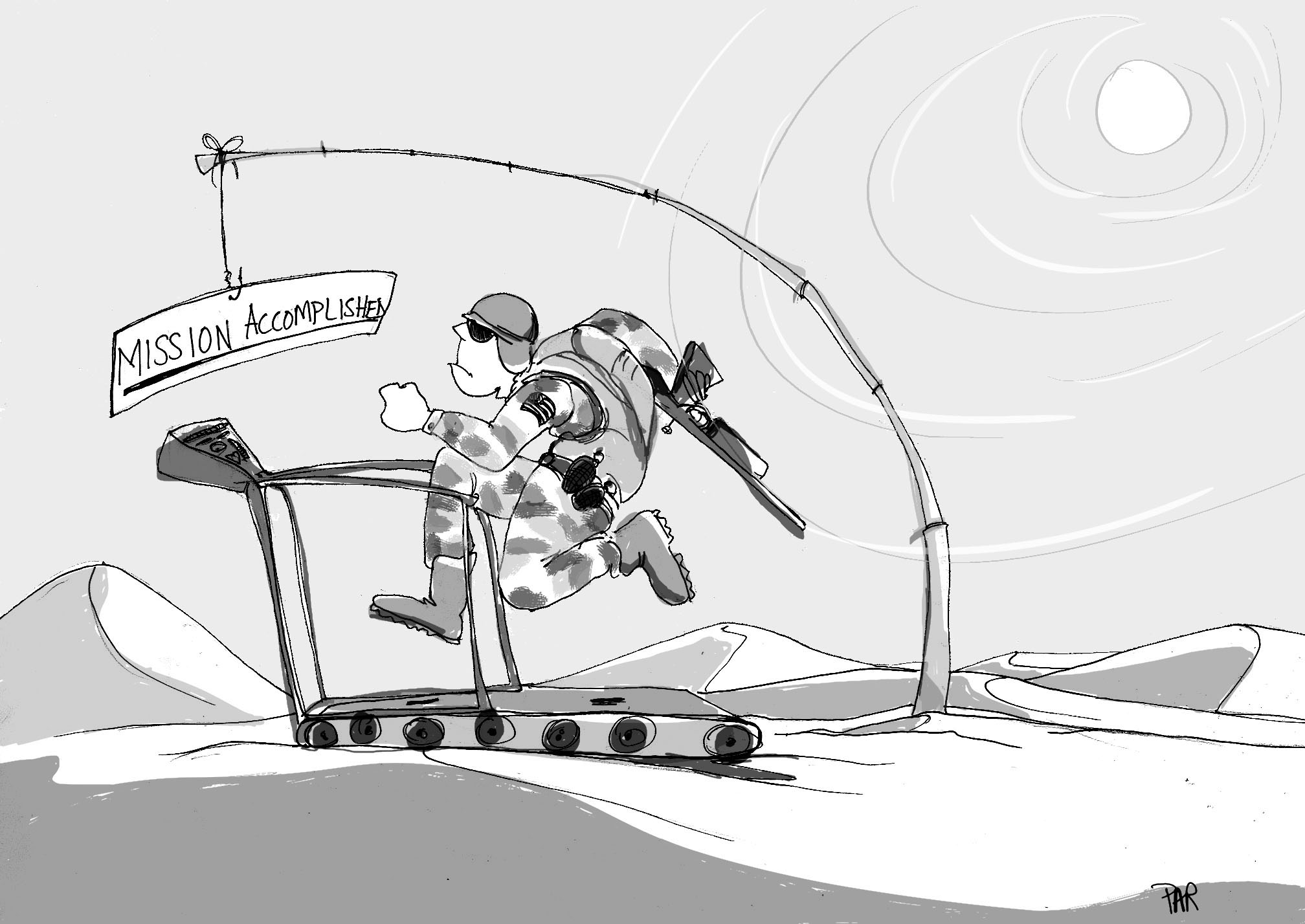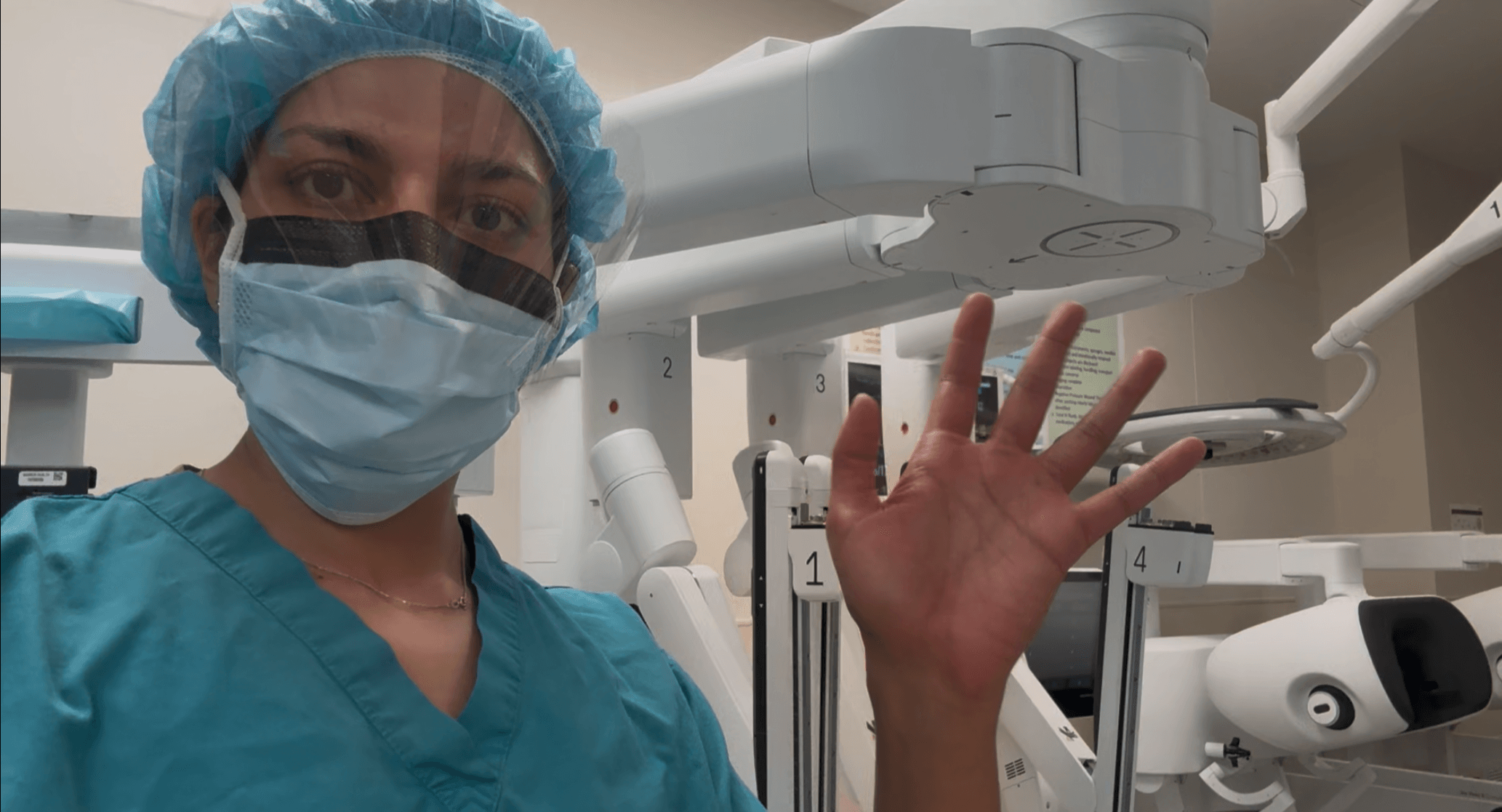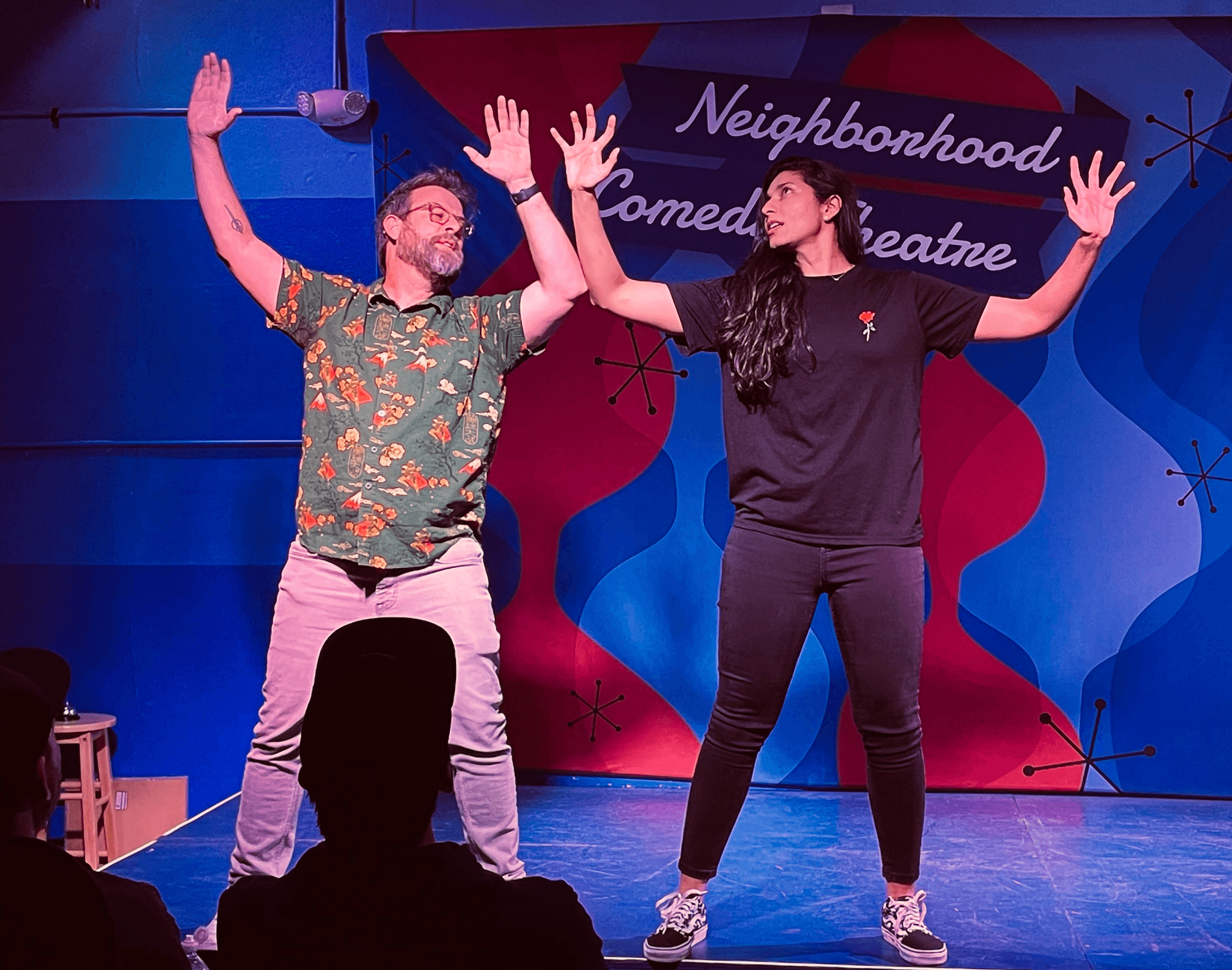Meet Priya Rajdev | Surgeon, Writer, Illustrator, Improviser
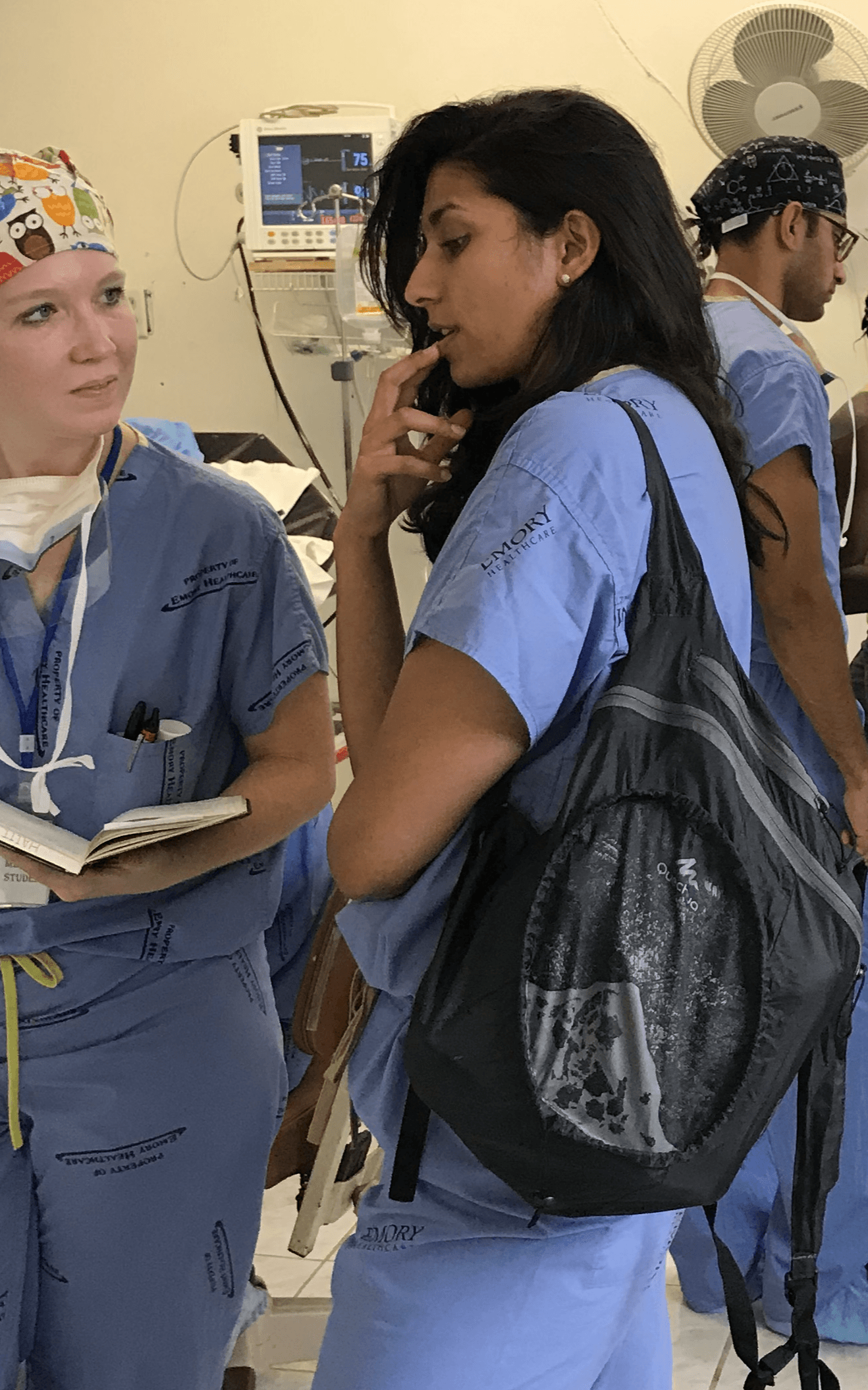

We had the good fortune of connecting with Priya Rajdev and we’ve shared our conversation below.
Hi Priya, what’s your definition for success?
Happiness and success are synonymous words to me, not in the sense that in order to be happy, one must be successful, but in the sense that by cultivating happiness deliberately, one can feel a deeply authentic sense of success. It’s kind of a childlike perspective on success, one that is constantly asking “why,” which makes me even more motivated to pursue it.
Twenty years ago, I would have said that success is living up to your potential as defined by some amalgamation of your own wildest dreams plus the expectations of the people who poured everything into you–for me, that meant going to my dream college, finding my way to medicine, and being able to provide for myself while contributing meaningfully to the world. These were all objectively good goals that led me to the point I am at today. But as I have accomplished those goals, my definition of success has evolved. I started asking “why is this important” more frequently. That leads to some dark and interesting places, but for me, it’s ultimately a more interesting way to lean into life unfolding.
Now, every subsequent goal and success (or failure) stems from some internal drive to better understand myself. I think kids understand this intuitively: every new experience is a little laboratory for them to figure out something new, usually about themselves and the world around them. The absolute whirlwind universe of a toddler makes total sense to me in this light–all they want is to have a successful day! Although I don’t have kids yet, I very much remember feeling this way and recognize the feeling when I see it in my friends’ kids. If I can get to the end of the day and feel that I was able to become more authentically myself, that makes me genuinely happy and it feels like success.
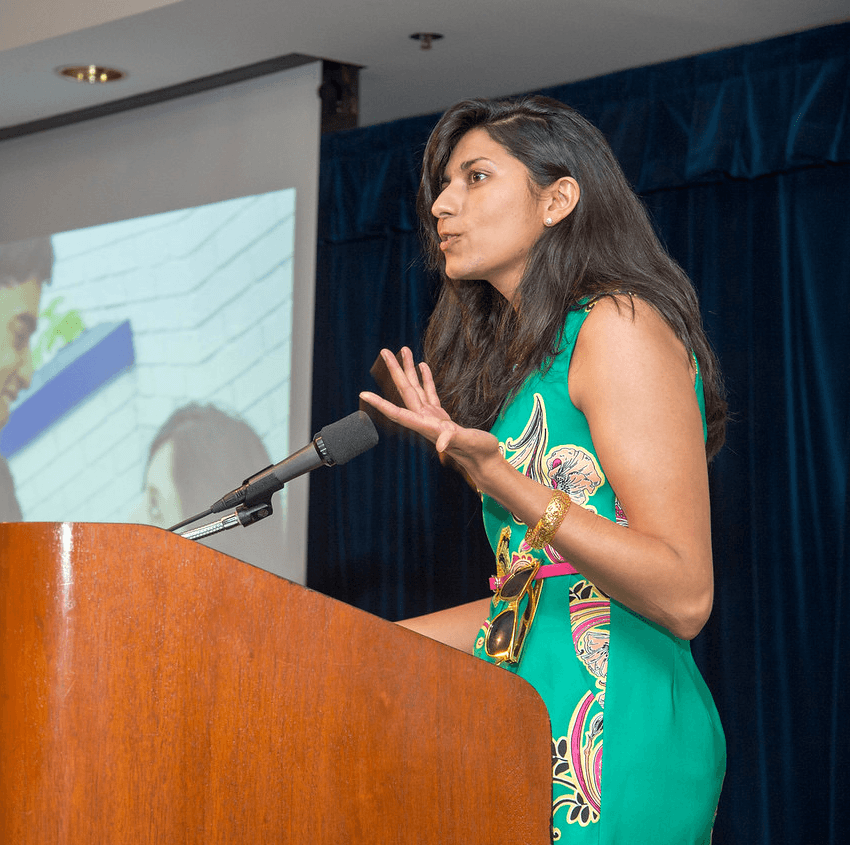
Alright, so let’s move onto what keeps you busy professionally?
I am a general surgeon who specializes in minimally-invasive approaches to fixing hernias of the abdomen and diaphragm. A hernia is basically a hole, usually in muscle or connective tissue, that allows contents from inside the abdomen to escape into places it doesn’t belong (typically outside the abdominal cavity or into the chest). I use small incisions and robotic instruments to do major operations with the aim of significantly improving the quality of life of my patients. I am also faculty at the University of Arizona College of Medicine – Phoenix where I primarily work with students who are in the second half of med school, which are their foundational clinical years prior to choosing a specialty and entering residency training.
Becoming a surgeon isn’t easy, nor is it meant to be. When I meet patients for the first time, I’m basically asking them to trust me with their lives. Therefore, when I am talking to patients about whatever ailment has brought them into my office, I want them to intuitively feel that I have invested years of effort, education, training, and experience becoming the person who is worthy of their trust. Surgery residency is one of the most challenging paths anyone can take in medicine. Not only is the content technically difficult (think operating on patients with cancer, gunshot wounds, severe congenital defects, and the like) but the challenges of working 80+ hours a week for little pay, watching your same-age peers reach big life milestones all around you while you’re stuck in an endless loop of working/eating/sleeping, and all the emotional tension of the interpersonal relationships in the hospital (nothing as salacious as Grey’s Anatomy, but full of highs and lows nonetheless). The beauty of residency is that as supervised doctors, you never actually have the final say, your attending (supervising surgeon) does. This allows for an intellectual freedom to learn as much as possible in the short five to seven years we get to train. And for me, residency gave me the opportunity to meet some of my best friends and lifelong mentors. Friends, mentors, family, humor, and deeply understanding that I was getting the privilege to do something that very few people in the world will experience is how I was able to overcome the challenges of residency.
I think there is a deep mistrust of doctors in our communities right now and as much as that hurts to admit, I get it. In spite of being the most well-informed humans that have ever existed, very few doctors and scientists have been able to shape a cohesive narrative around the marvels of modern medicine while also getting people excited about the fact that we are always researching the unknown, and that we are always improving. Instead, decades of good work and evidence can be instantly negated by a mere suggestion of doubt (see the vaccine debate). On top of all that, it’s incredibly expensive to get sick in our country, so the fearful looks I get when I first meet a patient are amplified by cost, as well. Do I have solutions? Yes, if I was given all the power in the world, I would love to flip our fear-based health education (“sugar, alcohol, and sitting will kill you”) into a more playful, opportunity-based message (“eating healthily and being active feels good, community builds immunity”); I would make whole food less expensive than processed foods, which is the opposite of what we currently have. I would want kids to know that no part of their bodies are bad or mysterious. I would want women of all ages to know that taking care of themselves first is not “indulgent” or a “luxury” but it is their basic human right. I would love it if people didn’t have to work multiple gigs just to make ends meet simply because no single job pays a living wage or provides health care.
All of this is much easier said than done–as the author Yuval Noah Hurari has suggested, good information is much more expensive and time-consuming to produce than bad information. Nevertheless, this idealized view of the world in which people really do matter more than anything else (i.e. money, institutions, tradition) is what drives me, and ultimately what informs my approach to patient care.
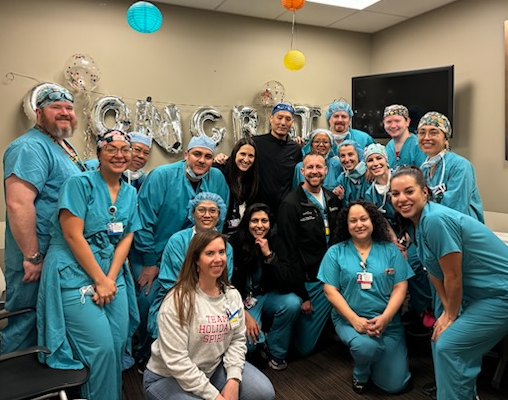
If you had a friend visiting you, what are some of the local spots you’d want to take them around to?
The Desert Botanical Gardens and the Musical Instrument Museum are at the top of the itinerary! We’d also spend some time at First Draft Book Bar inside Changing Hands Bookstore, where we might catch trivia or a local artist while browsing for books. I’d want them to enjoy an improv show or two (whether or not I’m performing in it) at any of the theaters around the city, like Second Beat, The Bridge, or Neighborhood Comedy Theater. If for some reason they had some work to catch up on, we’d go hang out at Luana’s Coffee and Beer, which legitimately feels like one of my best friends designed and decorated it. We’d have no shortage of good food, from getting birria almost anywhere, to Mensho Ramen and Pizzeria Bianco, so the simple frozen deliciousness of The Screamery or Onyx Ice Cream. And finally, they wouldn’t be allowed to leave town without trying Church Music, my favorite local beer.
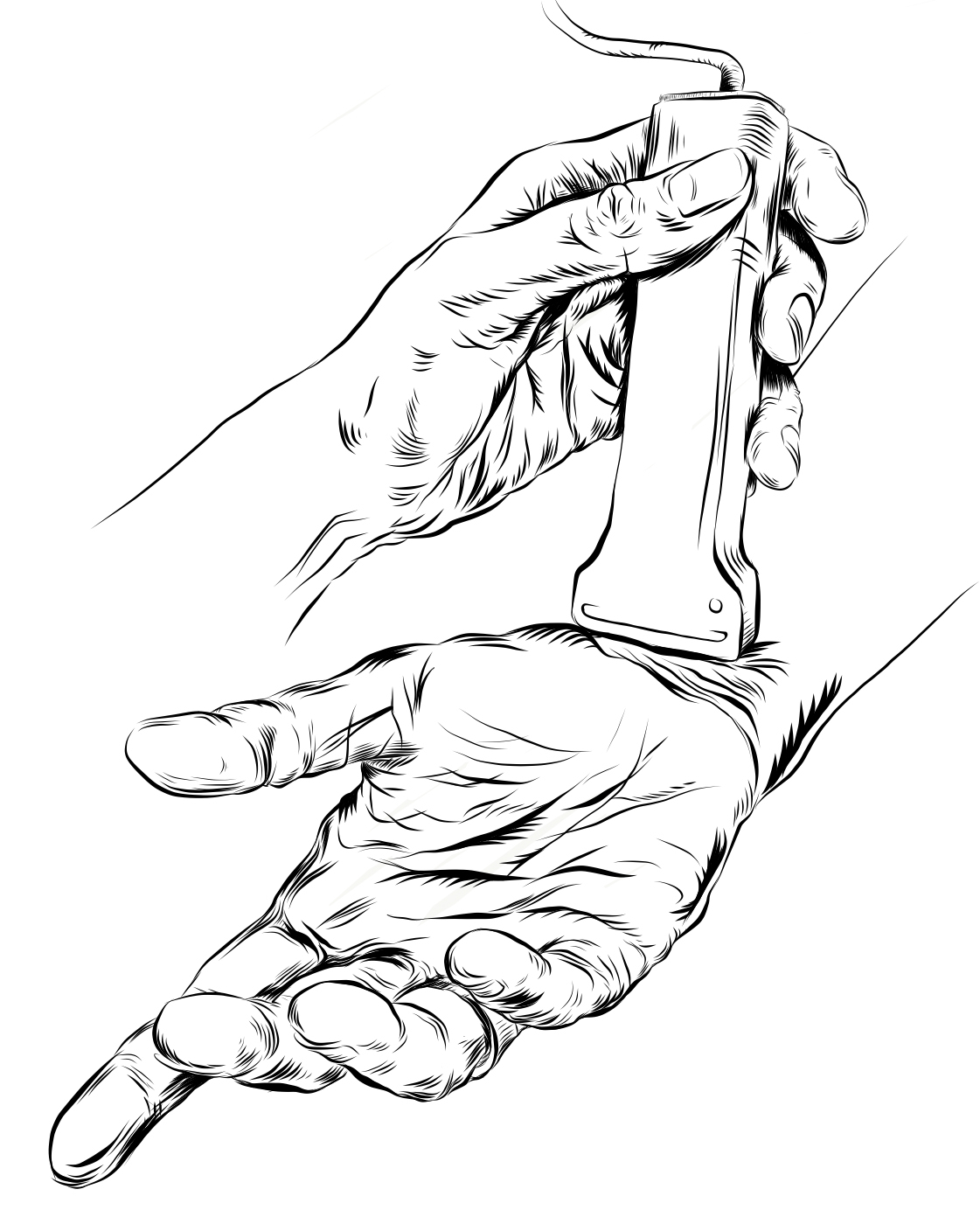
Who else deserves some credit and recognition?
The first people that come to mind are of course my parents. They’re the ones who always support me when my intuition leads me towards an unusual pathway, whether that was my adventures as a starving artist trying to be a professional illustrator or my later decision to become a surgeon. They are playful people and they raised me and my brother with an appreciation for whimsy, curiosity, and appreciation for the mysterious things in life. It’s no surprise that as an adult, my success is due in large part to people who continue to encourage these same qualities. In Phoenix, that group is the improv community. They are so playful, so open, and so welcoming. The improv community has truly given me a space to grow as a human being.
Website: https://www.priyarajdev.com
Linkedin: https://www.linkedin.com/in/priya-rajdev-1233b216/
Other: https://www.doximity.com/pub/priya-rajdev-md
